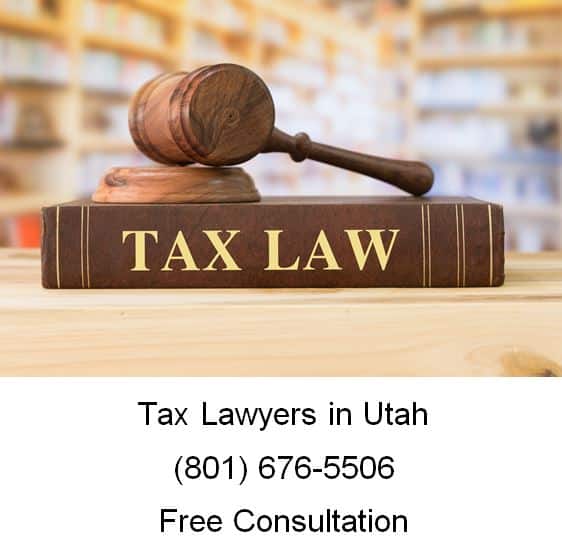

Whether it’s for personal income taxes or business taxes, it’s always a good idea to keep certain records, mainly in case you are audited. As one tax attorney has said, if you don’t have copies or receipts, it simply didn’t happen. That can be a problem when it comes to taxes. For your personal taxes, it’s probably enough to keep records of your income and past tax returns. Businesses, on the other hand, should keep more detailed records of income and expenses. Not only are the stakes much higher, but businesses may be more vulnerable to audits than individuals. The business you are in will affect the type of records you need to keep for federal tax purposes, but the following is a list of certain types of records that should be kept in most cases.
Gross receipts are the income you receive from your business, without any subtraction for costs or expenses. It’s good practice to keep supporting documents that show the amounts and sources of your gross receipts. Documents that show gross receipts include the following –
• Cash register tapes
• Bank deposit slips
• Receipt books
• Invoices
• Credit card charge slips
• Form 1099-MISC
Purchases are the items you buy and resell to customers. If you are a manufacturer or producer, this includes the cost of all raw materials or parts purchased to manufacture into finished products. The following are examples of documents to keep for purchases –
• Cancelled checks
• Cash register tape receipts
• Credit card sales slips
• Invoices
Make sure the documents you keep show the amount paid and clearly state that the amount was for purchases.
Expenses are the costs (other than purchases) that you incur to carry on your business. Any documents you keep to show expenses should clearly indicate that amount spent and that it was in fact a business expense. Examples of which types of documents can show business expenses are –
• Cancelled checks
• Cash register tapes
• Account statements
• Credit card sales slips
• Invoices
• Petty cash slips for small cash payments
• Payroll
Assets are the property, such as machinery and furniture, you own and use in your business. You must keep records to verify certain information about your business assets. You need records in order to determine the annual depreciation and the gain or loss when you sell the assets. Your records regarding your assets should show the following information-
• When and how you acquired the asset
• Purchase price
• Cost of any improvements
• Deductions taken for depreciation and casualty losses
• How you use the asset
• When and how you disposed of the asset, including selling price and expenses associated with the sale
This information can generally be shown through purchase and sales invoices, real estate closing statements, and/or cancelled checks.
Copyrighting Your Art
You’ve finally done it. You’ve created an original work of art that you hope will catch fire with the general public. While this may not be your magnum opus, it is still something you want to protect for years to come. To do that, you’ll want to make sure you have exclusive copyright rights over your art by registering with the U.S. Copyright office.
Make sure your work is a performing arts work. Performing arts works are intended to be “performed” directly before an audience or indirectly “by means of any device or process.” Included are (1) musical works, including any accompanying words; (2) dramatic works, such as scripts, including any accompanying music; (3) pantomimes and choreographic works; and (4) motion pictures and other audiovisual works.
Remember, copyright registration for a sound recording alone is neither the same as, nor a substitute for, registration for the musical, dramatic, or literary work recorded. The underlying work may be registered in its own right apart from any recording of the performance, or in certain cases, the underlying work may be registered together with the sound recording.
Put into one envelope or package: 1. A completed application Form PA, Short Form PA, Form TX, Form SE, Form SR, or Form VA. 2. Pay a fee to the “Register of Copyrights.” 3. Non-returnable copy(ies) of the material to be registered. (Read details on Special Deposit Requirements for musical compositions and motion pictures). Typically this means you will send a copy of the work being registered. The deposit requirements will vary in particular situations. A deposit is usually one copy (if unpublished) or two copies (if published) of the work to be registered for copyright. If you need legal help with this, please call our office to discuss your specific situation or case.
Tax Lawyer Free Consultation
When you need help with taxes or copyrights, please call Ascent Law for your free consultation (801) 676-5506. We want to help you.
8833 S. Redwood Road, Suite C
West Jordan, Utah
84088 United States
Telephone: (801) 676-5506
Recent Posts

